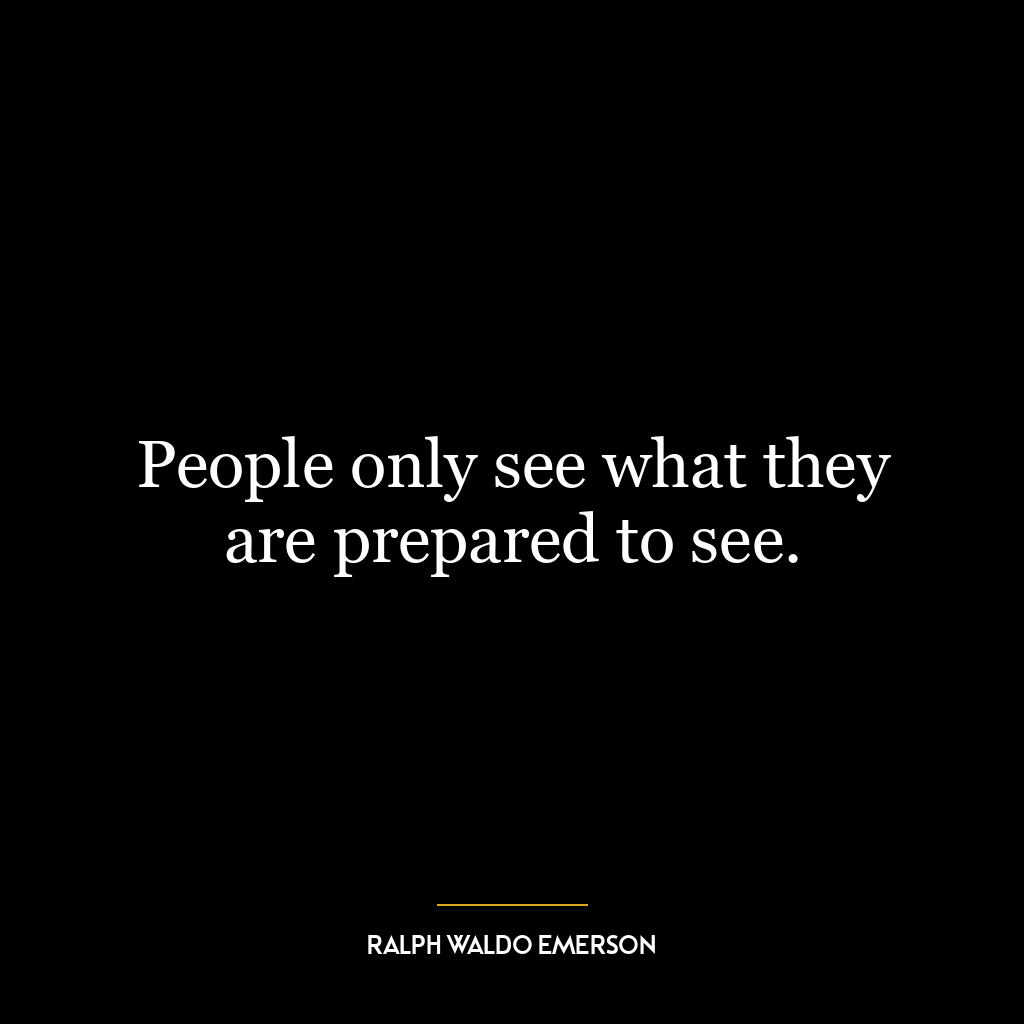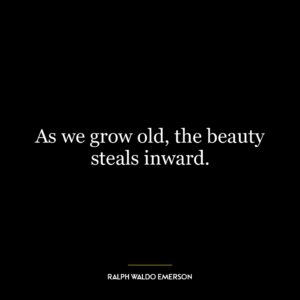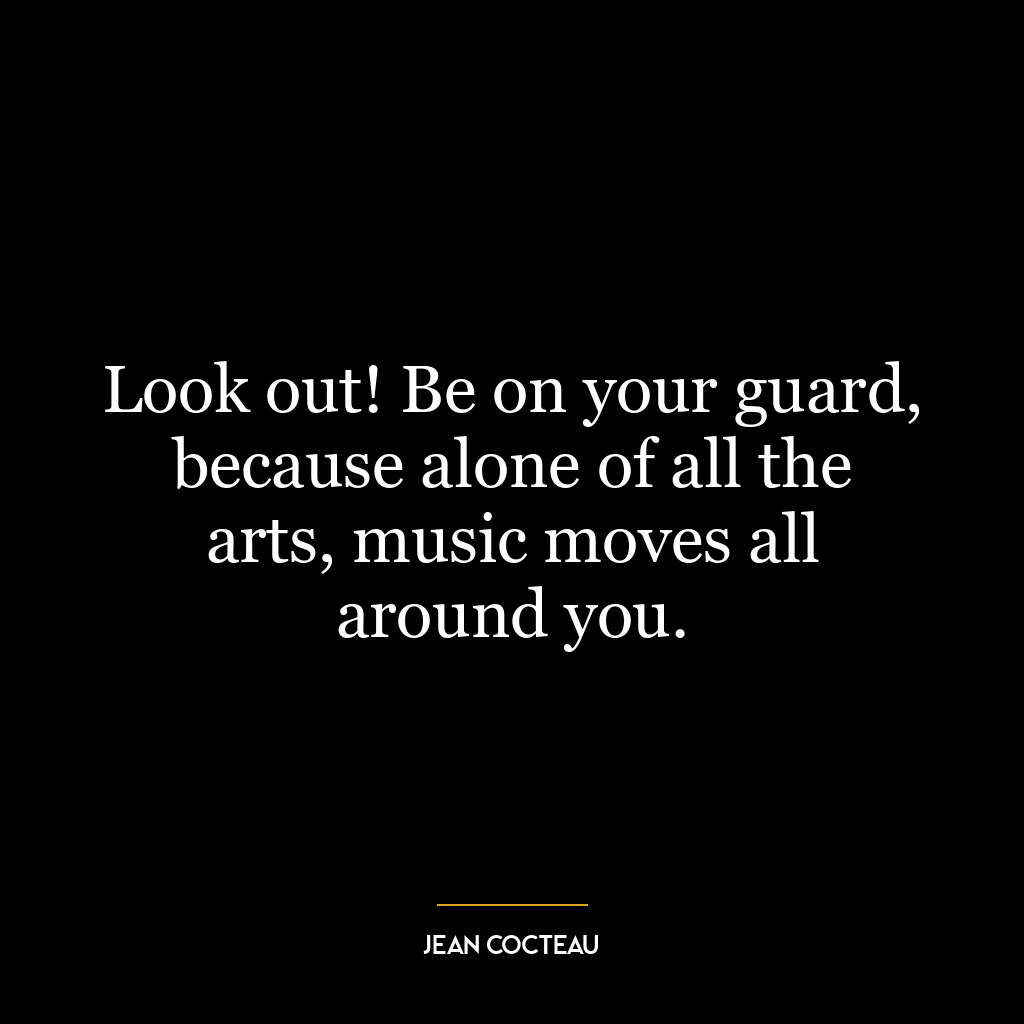People only see what they are prepared to see.
This quote, “People onyl see what they are prepared to see,” delves into the realm of perception and cognitive bias. It suggests that individuals tend to perceive or notice only those aspects of situations, events, or people that align with their pre-existing beliefs, biases, and expectations. This is often a subconscious process were our brain filters out facts that contradicts our established perceptions in order to maintain consistency and avoid cognitive dissonance.
In essence, we construct our own reality based on what we are mentally prepared or conditioned to observe. For instance, if someone holds a negative view about a particular group of people based on stereotypes or past experiences, they’re more likely to notice behaviour that confirms these negative biases while ignoring behavior that contradicts them.
Applying this concept in today’s world can be seen in various social phenomena such as political polarization and echo chambers on social media platforms. People tend to consume news from sources that affirm their existing beliefs and dismiss information from sources they disagree with as fake news. in doing so they create an habitat where their viewpoints are constantly reinforced and seldom challenged leading to further entrenchment of these views.
In terms of personal development this quote underscores the importance of self-awareness and open-mindedness.Being aware of one’s own biases can help one make more objective judgments about others by consciously trying not overlook evidence which contradicts preconceived notions. Additionally embracing open-mindedness allows for growth by being receptive towards new ideas even if they challenge long-held beliefs.Furthermore it highlights the power of positive thinking – if you expect good things you’re more likely to attract positivity into your life because you’re primed for recognizing opportunities instead dwelling on obstacles.
So essentially this quote serves as reminder – our perception is limited by what we choose or are conditioned to see; hence it is important for us not just look but truly observe with an open mind free from prejudices.















